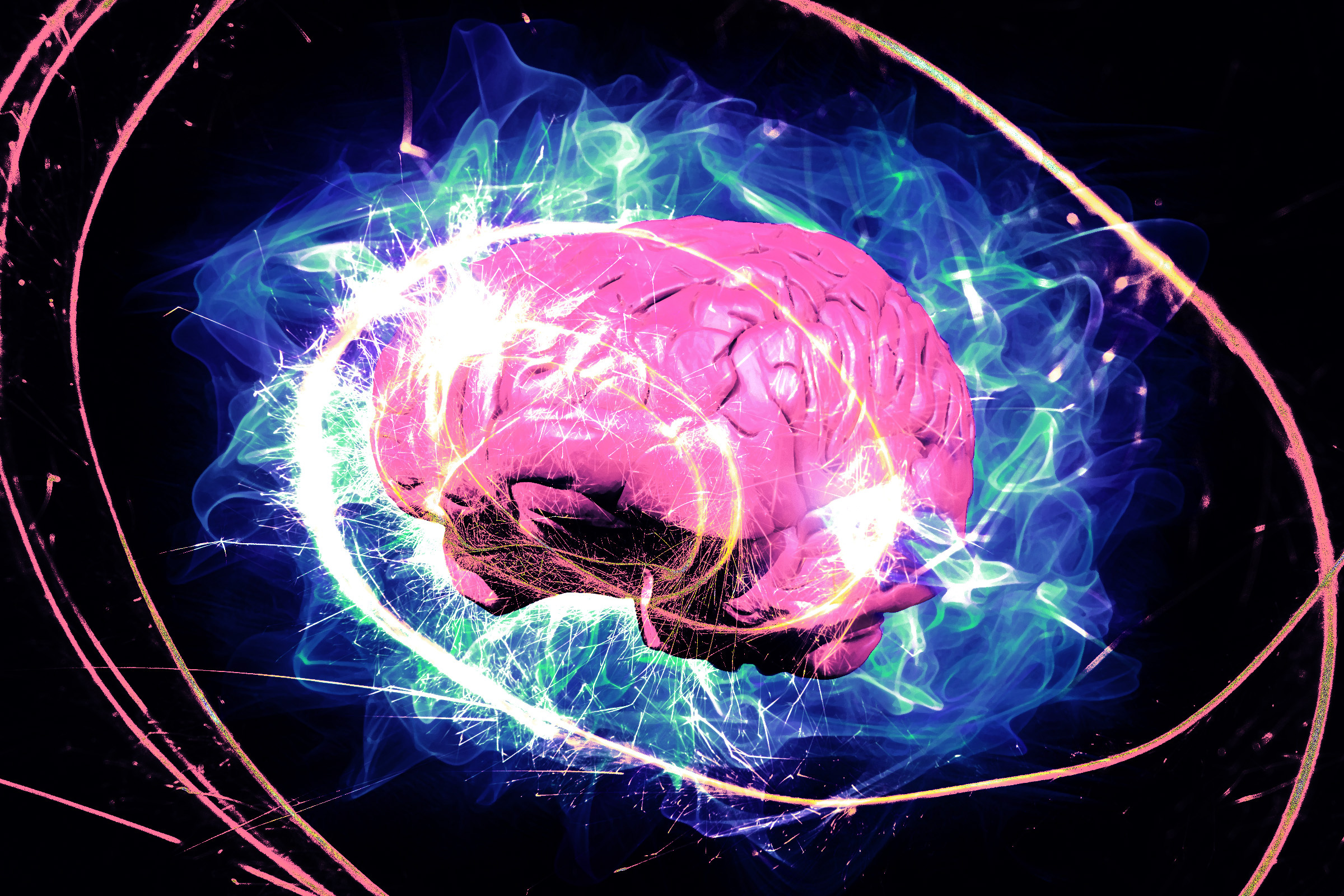In a groundbreaking study, Peter Coppola, a visiting neuroscience researcher at the University of Cambridge, has called into question long-held beliefs about the origins of consciousness in the human brain. His recent review, which synthesizes over a century of research, reveals a hierarchy of brain regions that may not align with traditional theories, particularly regarding the role of the neocortex.
Consciousness, defined as the awareness of feelings, emotions, and experiences, has been a complex area of study in neuroscience. Despite its significance in human existence, understanding consciousness remains elusive due to the subjective nature of the phenomenon. Coppola’s research aims to shift this understanding by examining the brain’s structure and functionality through a new lens.
Reassessing the Role of the Neocortex
Conventional theories often assert that the neocortex, the brain’s outer layer, is essential for consciousness. However, Coppola’s exhaustive analysis suggests otherwise. By categorizing the brain into three regions—the cortex, subcortex, and cerebellum—he has identified instances where alterations to these areas impact consciousness.
One striking finding is that individuals born without a cerebellum or parts of their cortex can exhibit signs of consciousness and lead relatively normal lives. In contrast, damage to the cerebellum later in life can lead to significant changes, including hallucinations and emotional disturbances. Coppola notes, “people born without the cerebellum, or the front of their cortex, can still appear conscious.”
His research highlights cases of children who were born with portions of their neocortex missing. “According to medical textbooks, these people should be in a permanent vegetative state,” he explains. Yet, these individuals display behaviors typical of those with a fully developed neocortex, suggesting that the brain may have a greater capacity for adaptation than previously thought.
Implications for Science and Ethics
Coppola’s findings imply that the neocortex, a relatively recent development in human evolution, might not be necessary for basic consciousness. This could lead to a reevaluation of existing theories about mental states and consciousness, with potential implications for patient care and ethical considerations surrounding animal rights.
“This means we may have to review our theories of consciousness,” Coppola concludes. He further suggests that consciousness might be more widespread across different species than previously recognized, challenging the boundaries of how consciousness is defined and understood.
The implications of Coppola’s work extend beyond theoretical discussions; they may influence practical approaches to healthcare, particularly in understanding patients with neurological deficits. As neuroscience continues to evolve, researchers may need to adopt new frameworks for assessing consciousness that reflect these insights.
This study marks a significant step in neuroscience, as it not only challenges existing paradigms but also opens new avenues for research and ethical discourse. The ongoing exploration of consciousness remains critical, impacting not only scientific understanding but also societal views on cognition and awareness.







































































